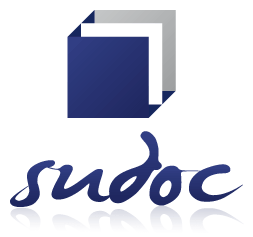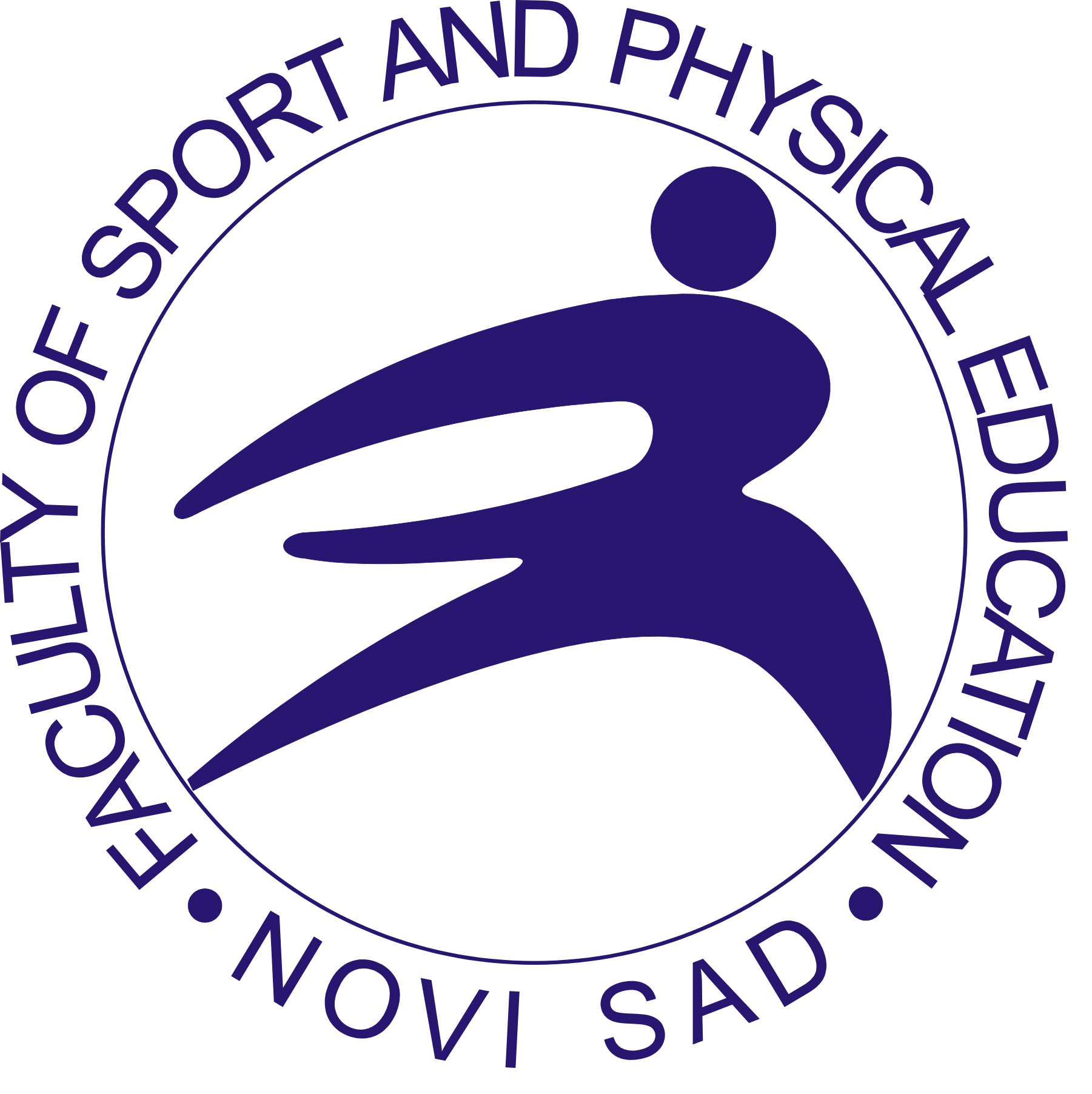Vol 11, No 1 (2019)
Published: 24.06.2019.
Authors in this issue:
Alexander Gordienko, Anja Kostić Zobenica, Cécil J.W. Meulenberg, Damir Pekas, Darjan Spudić, Draženka Mačak, Filip Sadri, Hassan Gharayagh Zandi, Jamie Carruthers, Janez Vodičar, Majid Ghorbannejad, Mira Milić, Mykola Shulga, Natalia Chuprun, Primož Pori, Sergey Zakopaylo, Seyed Mohammad Zadkhosh, Tatjana Glušac, Vedran Hadžić,
Edited by:
Danilo Radanović
Author guidelines
Editorial Policy
35
Issues213
ArticlesBECOME A REVIEWER
We invite you to become an Exercise and Quality of Life reviewer.
BECOME GUEST EDITOR
Exercise and Quality of Life runs special issues to create collections of papers on specific topics.
Archive
See all
Volume 18, Issue 1, 2026
Volume 17, Issue 2, 2025
Volume 17, Issue 1, 2025
Volume 16, Issue 3, 2024
24.06.2019.
Original scientific paper
The effects of Mindfulness-Based Cognitive Therapy (MBCT) on cognitive skills in young soccer players
TThe aim of this study was to examine the effect of Mindfulness-Based Cognitive Therapy training on mental skills of young soccer players. For this purpose, 30 soccer players were assigned to an experimental group of 15 players (intervention based on Mindfulness) and control group of 15 players that participations’ age ranged from 17 to 20 years old in provincial competitions in the year 2017-18. Athletes in the experimental group participated in MBCT course over eight weekly sessions of 2 h each. The control group did not receive any intervention. Before and after interventions Ottawa mental skills assessment tool questionnaire (Omsat-3) were used to collect data. The results of MANOVA showed that significant improvement in all sub-scales scores; Focusing (P=0.001), Refocusing (P=0.001), Imagery (P=0.001), Mental practice (P=0.001), and Competition planning (P=0.001) in the experimental group than control group. According to these findings, we concluded that Mindfulness-Based Cognitive Therapy training is appropriate to improve the level of cognitive skills of soccer players.
Seyed Mohammad Zadkhosh, Hassan Gharayagh Zandi, Majid Ghorbannejad
24.06.2019.
Original scientific paper
Small-sided games are more effective than instructional training for improving vertical jump performance and passing in young volleyball players
The aim of our research was to determine the effects of small-sided games on explosive strength in young volleyball players. The authors hypothesized that this program might significantly improve explosive strength in adolescent volleyball players. Thirty-eight adolescent volleyball players participated in this study (12.26±1.01). They were tested for lower body explosive power and passing accuracy. Players were randomly allocated into a small-sided games group (n = 20) and instructional training group (n = 18). Each player participated in a 12-week training program that included 3 organized court training sessions per week. Both groups made significant increases in block jump (p < 0.05) after 12 weeks of training, with significant interaction effect between the groups. There were no significant interaction effects between the groups (p>0.05) for spike jump. In SJ and CMJ results revealed a statistically significant difference between groups pre- to post- training (p < 0.05). Both groups made significant increases in passing accuracy with significant interaction effect between the groups. Small-sided games appears to be an effective way of improving explosive power and passing skills in young volleyball players. The results of this study indicate that game-based training method was more effective for lower body explosive power than traditional instructional programme.
Damir Pekas, Draženka Mačak, Anja Kostić Zobenica
24.06.2019.
Original scientific paper
Optimization of movement activity and the mental state of students by dance aerobics
To test the effectiveness of dance aerobics to optimize the motor activity and the psychophysical state of female students. Medical and biological: body weight (kg), BPM and BPD (mmHg), ChSS in a state of rest and the Stange test. All the data obtained by the study were processed by the procedures of descriptive and comparative statistical methods. From the area of the descriptive statistics the following parameters were defined: representative central and dispersive parameters: arithmetic average; standard deviation; initial and final measuring. Unpaired test, applied in comparative statistics, was performed in order to compare the arithmetic means of two independent data sets (experimental and control groups). Statistical analysis was performed by applying SPSS statistical software. Comparative analysis of data confirmed the effectiveness of dance aerobics tools not only in the absence of negative changes during the examination session, but also improvement of the psychophysical state (state of health by the method of WAM in KG – 3.8 points, EG1 – 4.3 points, EG2 – 4.5 points, ЕG3 – 4.8 points) and the level of somatic health of students (in KG 0.23 ± 0.04 points, ЕG1 8.78 ± 0.50 points, ЕG2 8.77 ± 0.61 points, ЕG3 11, 65 ± 0.55 points). During the studying, and especially the examination time, students experience strong psycho-emotional stress and the physical state becomes worse. The use of dance aerobics has a positive influence on the psychophysical state of female students and the optimization of their physical activity.
Natalia Chuprun, Sergey Zakopaylo, Mykola Shulga, Alexander Gordienko
24.06.2019.
Original scientific paper
Influence of inertial resistance squat exercise protocol based on novel exercise intensity determination on physical fitness of older adult women
The aim of the study was to examine practical implications and actual effects of the 8-week progressive resistance exercise protocol with the custom-made inertial device on sit-to-stand, 6- MWT, functional reach, up-and-go test results and Rate of Perceived exertion (RPE) among older adult women (age 65-74). Thirty-seven healthy volunteers were randomly assigned to the control group (n = 11) and to two exercise – inertial (n = 12) and traditional (n = 14) – groups. The participants performed hip belt squats on the inertial device and kettlebell squats, respectively. Exercise intensity was relatively adjusted using mass moment of inertia (MMI) of the cylindrical weight and %1RM. Time under tension was equalized between groups by the type of the exercise executed. Tests were performed before and after the intervention. Moreover, RPE was monitored after each exercise set. We used two-way repeated measures ANOVA to assess exercise-related differences in test results and to assess intensityrelated differences in RPE. The Senior Fitness Test results significantly differed in pre and post measurements, regardless of the group. A significant time x group interaction was only found in Sit-to-stand test results. RPE results significantly varied from each other across intensities. Statistically different results among groups were only found at the highest intensity (70%). The results indicate that inertial resistance exercise using the novel exercise intensity determination on the inertial device is a useful and less strenuous alternative to traditional resistance exercise among older adult women while performing squats.
Darjan Spudić, Vedran Hadžić, Janez Vodičar, Jamie Carruthers, Primož Pori
24.06.2019.
Review scientific paper
Lifestyle components of the global oldest old assessed as effective nonpharmacologic strategies to maintain lifelong cognitive and functional health
Longevity and high quality of life are amongst the most desired traits of humanity. However, the incidences of non-communicable diseases are rising, while sedentary lifestyles and malnutrition are more common than ever, and in general both functional and cognitive health is declining. Besides the concurrent costs to provide healthcare for such an aging population are dramatically increasing and depend on pharmacological treatment. There is an urgent need to raise awareness for cost-saving healthier customs and to adjust lifestyles. From specific geographic areas around the globe, where its citizens tend to grow (very) old, that is over 100 years of age (indicated as ‘oldest old’), without the obvious health-deficits, the so-called blue zones, lifestyle factors have been identified, or will be proposed, and taken as candidate for nonpharmacologic approaches to improve general health. This paper will summarize scientific studies focussing on cardiovascular and cognitive health benefits induced by: Physical activity through exercise, light to moderate intensity, and nonexercise outdoors activities; Nutrition through the Mediterranean diet and the incidence of neurodegeneration; Cognitive engagement through cognitive-motor exercises, language usage, and meditation; and finally: Sleep. The identified denominators are reviewed through various scientific studies regarding substantiated healthinducing effects. Adherence to such nonpharmacologic lifestyles is eventually a personal choice, and for governments to take notice of, and to include in policies.
Cécil J.W. Meulenberg
24.06.2019.
Original scientific paper
The pedagogical potential of a bilingual specialized dictionary in tertiary education
Even though specialized dictionaries provide abundant information, research findings indicate that their role in the teaching process has been neglected. Within the context of the current global domination of English and an increased need for linguistic standardization, special emphasis is placed on the use of specialized dictionaries in teaching vocabulary. With this in mind, the purpose of this research is to analyze pedagogical potential of a specialized bilingual dictionary in function of ESP vocabulary learning and knowledge transfer. A questionnaire-based research into dictionary use in ESP acquisition is conducted with 705 students and 21 teachers of non-linguistic faculties of the University of Novi Sad. The findings indicate that dictionaries are seldom used in the classroom, even though both groups of respondents have positive attitudes towards them, especially online dictionaries and other user-friendly applications. However, the findings also indicate students’ insufficient knowledge not only of lexicographic conventions but also the criteria for dictionary quality assessment. Building on the hypothesis that well-conceived dictionaries can enhance not only ESP teaching but also knowledge transfer from English to non-English languages, this research suggests the importance of compiling quality terminological products and their inclusion into the teaching process with systematic training in dictionary use.
Mira Milić, Filip Sadri, Tatjana Glušac

























